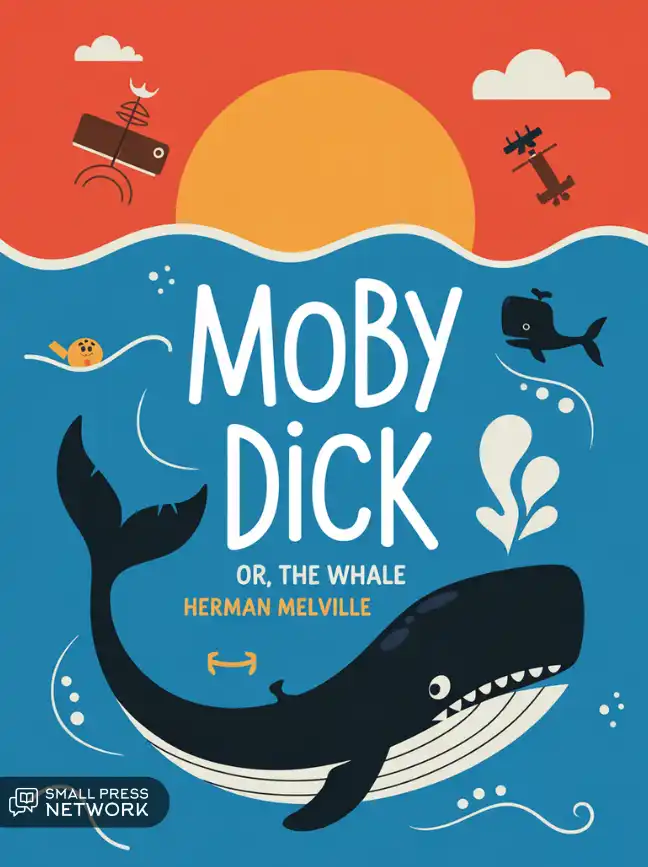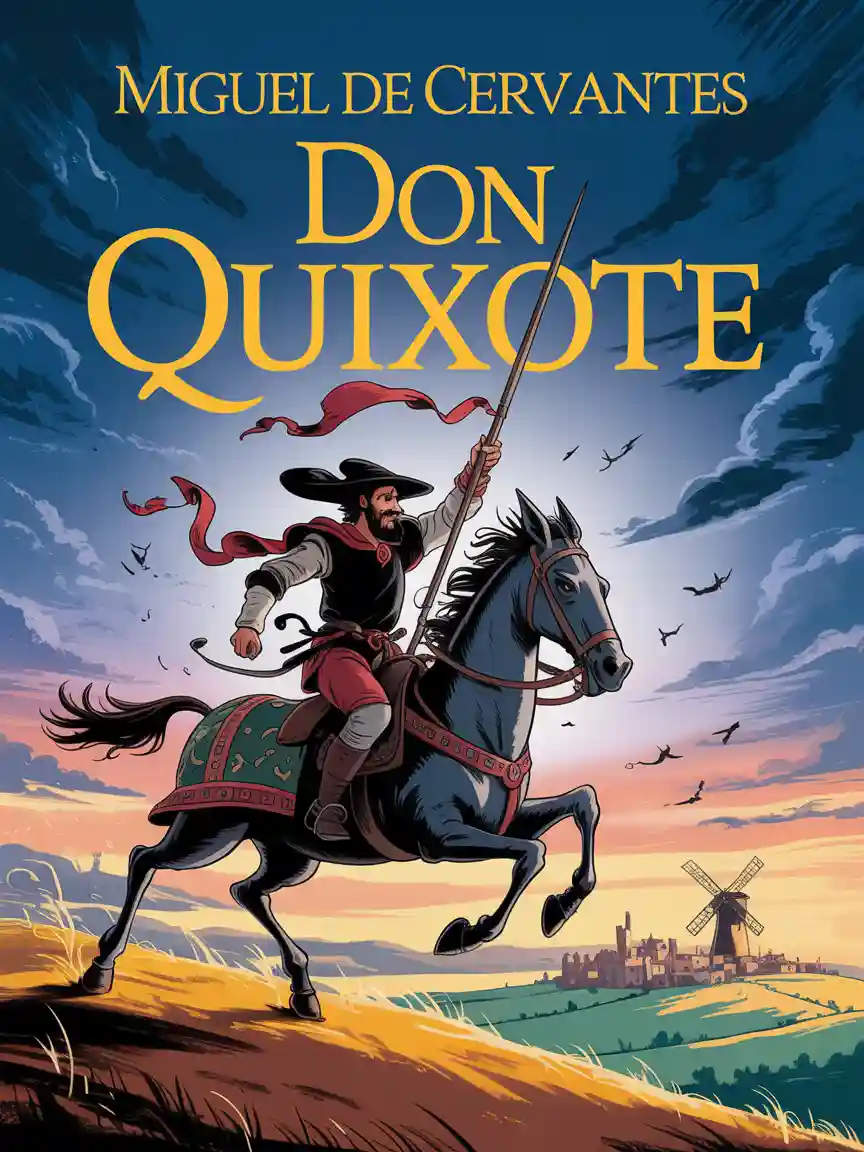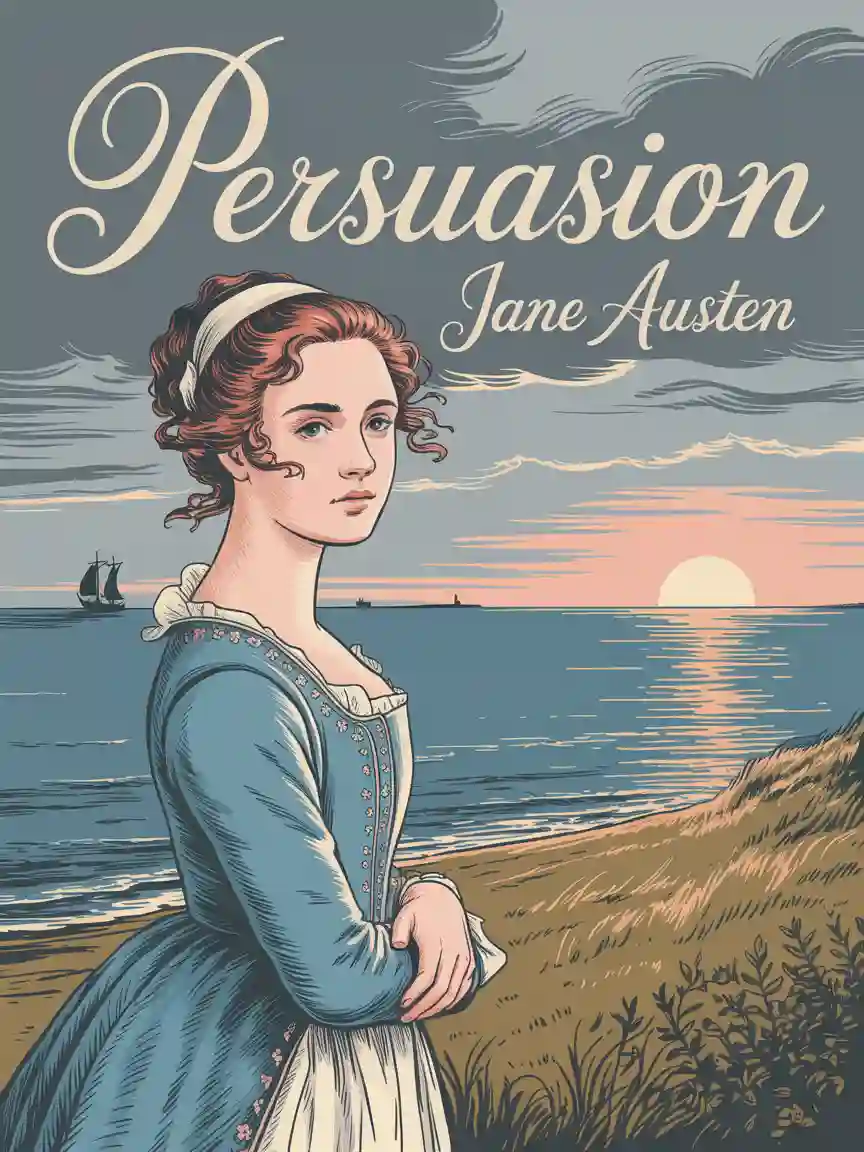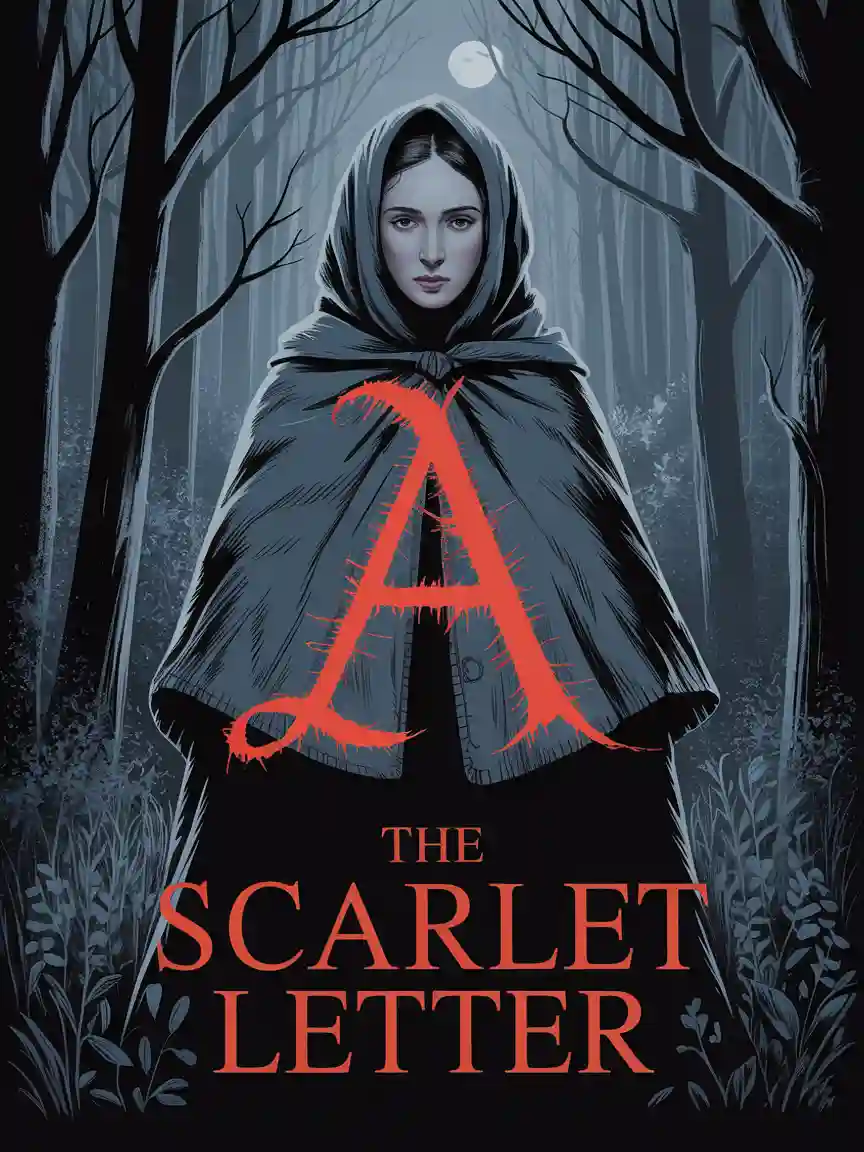CHAPTER 56
Of the Less Erroneous Pictures of Whales and the True Pictures of
Whaling Scenes
In connexion with the monstrous pictures of whales, I am strongly
tempted here to enter upon those still more monstrous stories of them which
are to be found in certain books, both ancient and modern, especially in
Pliny, Purchas, Hackluyt, Harris, Cuvier, &c. But I pass that matter by.
I know of only four published outlines of the great Sperm Whale;
Colnett’s, Huggins’s, Frederick Cuvier’s, and Beale’s. In the previous
chapter Colnett and Cuvier have been referred to. Huggins’s is far better
than theirs; but, by great odds, Beale’s is the best. All Beale’s drawings of
this whale are good, excepting the middle figure in the picture of three
whales in various attitudes, capping his second chapter. His frontispiece,
boats attacking Sperm Whales, though no doubt calculated to excite the
civil scepticism of some parlor men, is admirably correct and life-like in its
general effect. Some of the Sperm Whale drawings in J. Ross Browne are
pretty correct in contour; but they are wretchedly engraved. That is not his
fault though.
Of the Right Whale, the best outline pictures are in Scoresby; but they are
drawn on too small a scale to convey a desirable impression. He has but one
picture of whaling scenes, and this is a sad deficiency, because it is by such
pictures only, when at all well done, that you can derive anything like a
truthful idea of the living whale as seen by his living hunters.
But, taken for all in all, by far the finest, though in some details not the
most correct, presentations of whales and whaling scenes to be anywhere
found, are two large French engravings, well executed, and taken from
paintings by one Garnery. Respectively, they represent attacks on the Sperm
and Right Whale. In the first engraving a noble Sperm Whale is depicted in
full majesty of might, just risen beneath the boat from the profundities of
the ocean, and bearing high in the. air upon his back the terrific wreck of
the stoven planks. The prow of the boat is partially unbroken, and is drawn
just balancing upon the monster’s spine; and standing in that prow, for that
one single incomputable flash of time, you behold an oarsman, half
shrouded by the incensed boiling spout of the whale, and in the act of
leaping, as if from a precipice. The action of the whole thing is wonderfully
good and true. The half-emptied line-tub floats on the whitened sea; the
wooden poles of the spilled harpoons obliquely bob in it; the heads of the
swimming crew are scattered about the whale in contrasting expressions of
affright; while in the black stormy distance the ship is bearing down upon
the scene. Serious fault might be found with the anatomical details of this
whale, but let that pass; since, for the life of me, I could not draw so good a
one.
In the second engraving, the boat is in the act of drawing alongside the
barnacled flank of a large running Right Whale, that rolls his black weedy
bulk in the sea like some mossy rock-slide from the Patagonian cliffs. His
jets are erect, full, and black like soot; so that from so abounding a smoke in
the chimney, you would think there must be a brave supper cooking in the
great bowels below. Sea fowls are pecking at the small crabs, shell-fish, and
other sea candies and maccaroni, which the Right Whale sometimes carries
on his pestilent back. And all the while the thick-lipped leviathan is rushing
through the deep, leaving tons of tumultuous white curds in his wake, and
causing the slight boat to rock in the swells like a skiff caught nigh the
paddle-wheels of an ocean steamer. Thus, the fore-ground is all raging
commotion; but behind, in admirable artistic contrast, is the glassy level of
a sea becalmed, the drooping unstarched sails of the powerless ship, and the
inert mass of a dead whale, a conquered fortress, with the flag of capture
lazily hanging from the whale-pole inserted into his spout-hole.
Who Garnery the painter is, or was, I know not. But my life for it he was
either practically conversant with his subject, or else marvellously tutored
by some experienced whaleman. The French are the lads for painting
action. Go and gaze upon all the paintings in Europe, and where will you
find such a gallery of living and breathing commotion on canvas, as in that
triumphal hall at Versailles; where the beholder fights his way, pell-mell,
through the consecutive great battles of France; where every sword seems a
flash of the Northern Lights, and the successive armed kings and Emperors
dash by, like a charge of crowned centaurs? Not wholly unworthy of a place
in that gallery, are these sea battle-pieces of Garnery.
The natural aptitude of the French for seizing the picturesqueness of
things seems to be peculiarly evinced in what paintings and engravings they
have of their whaling scenes. With not one tenth of England’s experience in
the fishery, and not the thousandth part of that of the Americans, they have
nevertheless furnished both nations with the only finished sketches at all
capable of conveying the real spirit of the whale hunt. For the most part, the
English and American whale draughtsmen seem entirely content with
presenting the mechanical outline of things, such as the vacant profile of the
whale; which, so far as picturesqueness of effect is concerned, is about
tantamount to sketching the profile of a pyramid. Even Scoresby, the justly
renowned Right whaleman, after giving us a stiff full length of the
Greenland whale, and three or four delicate miniatures of narwhales and
porpoises, treats us to a series of classical engravings of boat hooks,
chopping knives, and grapnels; and with the microscopic diligence of a
Leuwenhoeck submits to the inspection of a shivering world ninety-six fac-
similes of magnified Arctic snow crystals. I mean no disparagement to the
excellent voyager (I honor him for a veteran), but in so important a matter it
was certainly an oversight not to have procured for every crystal a sworn
affidavit taken before a Greenland Justice of the Peace.
In addition to those fine engravings from Garnery, there are two other
French engravings worthy of note, by some one who subscribes himself “H.
Durand.” One of them, though not precisely adapted to our present purpose,
nevertheless deserves mention on other accounts. It is a quiet noon-scene
among the isles of the Pacific; a French whaler anchored, inshore, in a
calm, and lazily taking water on board; the loosened sails of the ship, and
the long leaves of the palms in the background, both drooping together in
the breezeless air. The effect is very fine, when considered with reference to
its presenting the hardy fishermen under one of their few aspects of oriental
repose. The other engraving is quite a different affair: the ship hove-to upon
the open sea, and in the very heart of the Leviathanic life, with a Right
Whale alongside; the vessel (in the act of cutting-in) hove over to the
monster as if to a quay; and a boat, hurriedly pushing off from this scene of
activity, is about giving chase to whales in the distance. The harpoons and
lances lie levelled for use; three oarsmen are just setting the mast in its hole;
while from a sudden roll of the sea, the little craft stands half-erect out of
the water, like a rearing horse. From the ship, the smoke of the torments of
the boiling whale is going up like the smoke over a village of smithies; and
to windward, a black cloud, rising up with earnest of squalls and rains,
seems to quicken the activity of the excited seamen.





